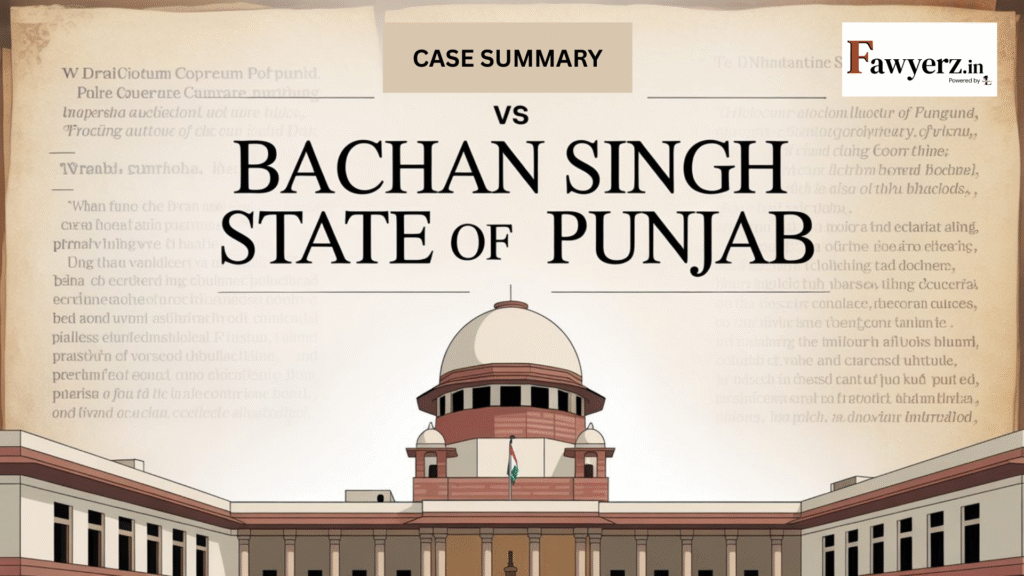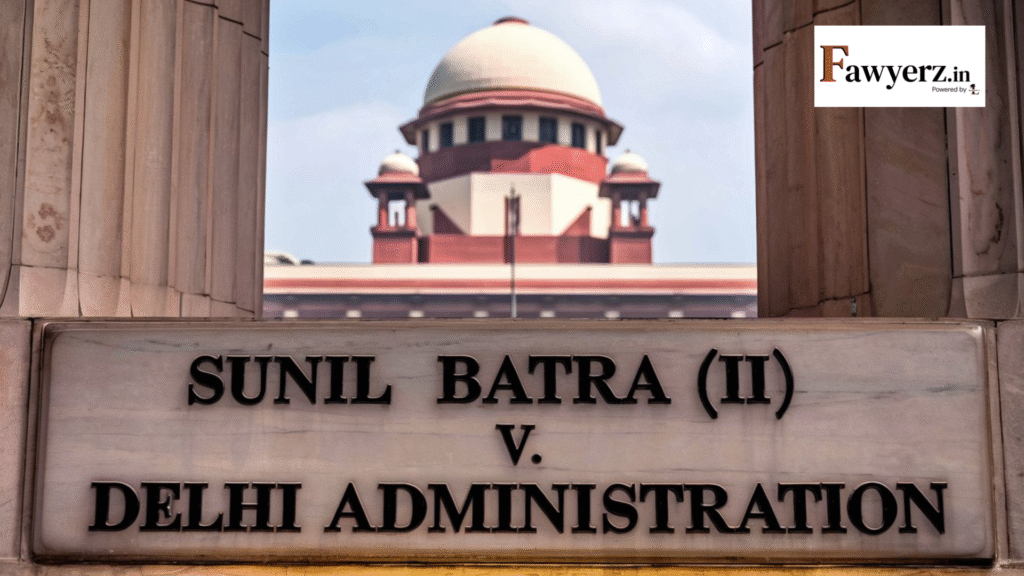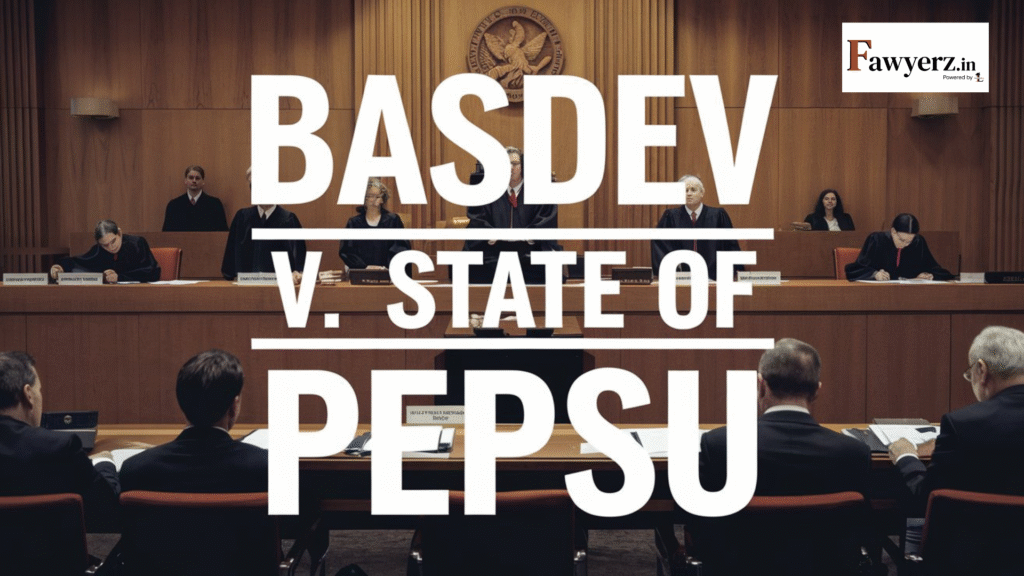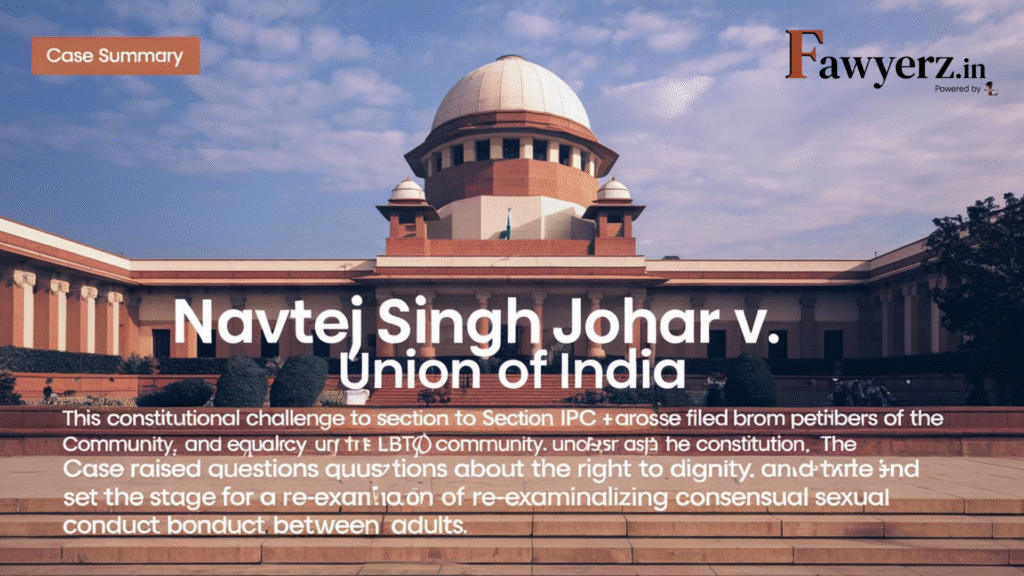Mobarik Ali Ahmed v. State of Bombay 1957 (Case Summary)

The case involved a foreign national accused of a criminal offense committed partly outside Indian territory. The key legal issue revolved around whether Indian courts had the jurisdiction to try the accused and how the Indian Penal Code applies to acts conducted beyond national boundaries.
Table of Contents
ToggleFacts of Mobarik Ali Ahmed v. State of Bombay
- Mobarik Ali Ahmed, the appellant, was a Pakistani national residing in Karachi.
- He entered into a business transaction with a company in Bombay (now Mumbai), under which he agreed to supply goods in exchange for advance payments.
- Mobarik received the payments, but he neither supplied the goods nor returned the money.
- The transactions were conducted through correspondence letters and telegrams from Karachi to Bombay.
- A criminal complaint was filed in Bombay under Sections 420 (cheating) and 120B (criminal conspiracy) of the Indian Penal Code.
- Mobarik challenged the jurisdiction of Indian courts to try him, as he had never entered India physically.
Issues framed
- Whether Indian courts can exercise criminal jurisdiction over a foreign national who was never physically present in India but committed part of the offense affecting Indian territory?
- Whether the place where the effect of the criminal act is felt give jurisdiction to the Indian courts?
Subordinate Court Judgment
The trial court held that it had jurisdiction to try the accused and the proceedings were continued. Mobarik challenged this in appeal, which was dismissed by the High Court, affirming that Indian courts had jurisdiction. The matter was then appealed to the Supreme Court.
Judgment of Mobarik Ali Ahmed v. State of Bombay
The Court interpreted Sections 179, 188, and 4 of the Code of Criminal Procedure, 1898, along with Section 420 of the IPC. These provisions relate to the place of trial, jurisdiction for offenses committed outside India, and the offense of cheating.
The Supreme Court held that where an act is committed partly outside India but results in a criminal offense within Indian territory, the Indian courts have jurisdiction. It emphasized that the essence of the offense of cheating includes both deception and the resultant wrongful loss or gain. Since the deception was initiated by Mobarik and the wrongful loss was suffered in Bombay. The Court rejected the argument that physical presence was necessary and underscored that modern communication can be used to commit crimes across borders.
The Supreme Court dismissed the appeal and held that Indian courts had jurisdiction to try Mobarik Ali Ahmed. The Court emphasized that in an interconnected world, a narrow interpretation of jurisdiction would allow offenders to escape justice by operating from outside the country. The prosecution was allowed to proceed.





